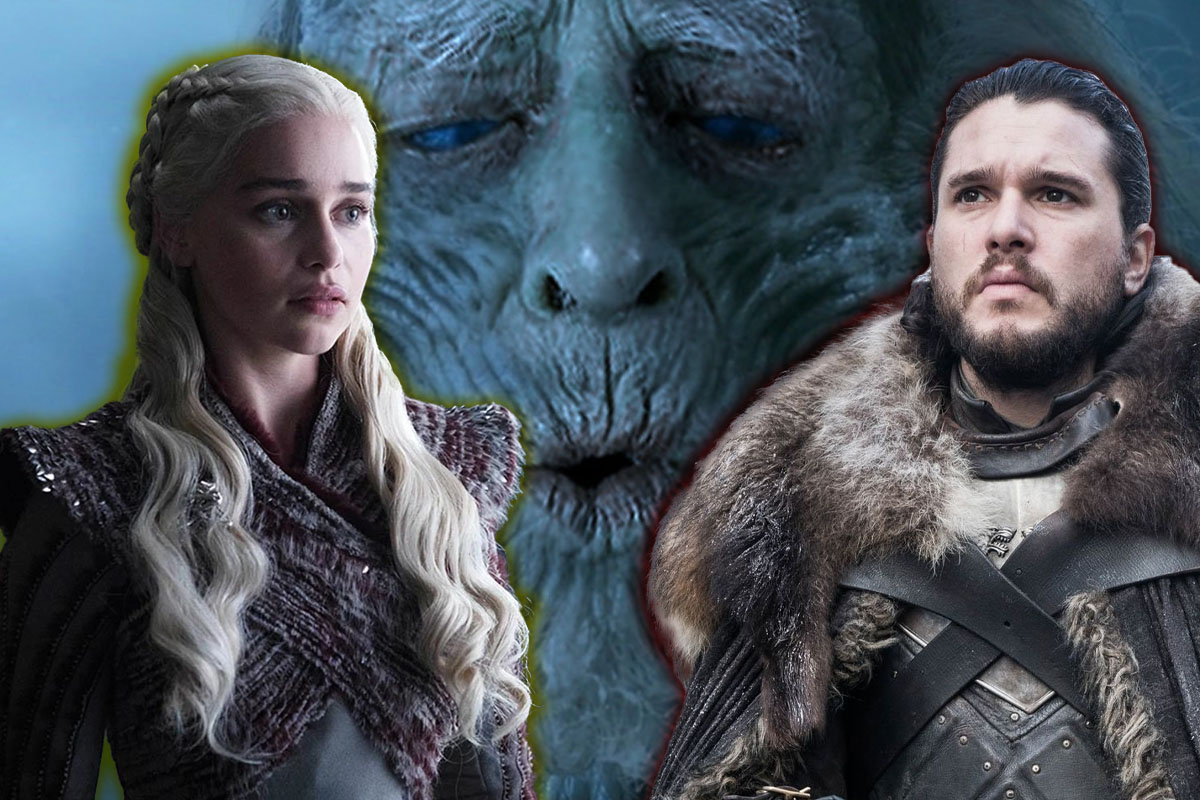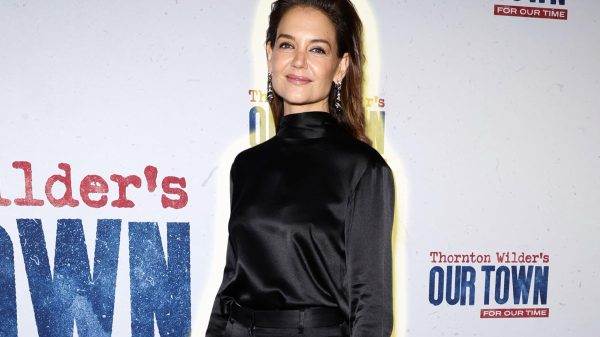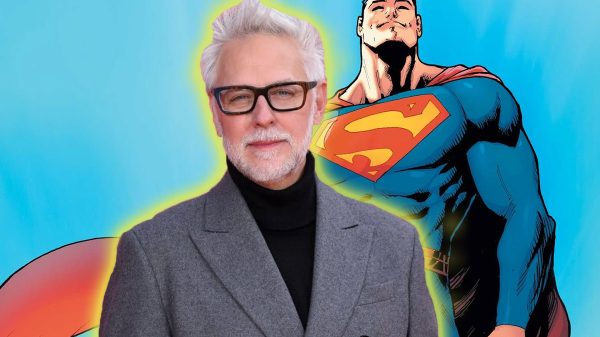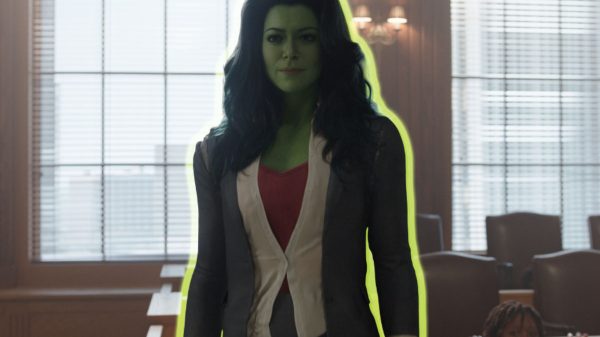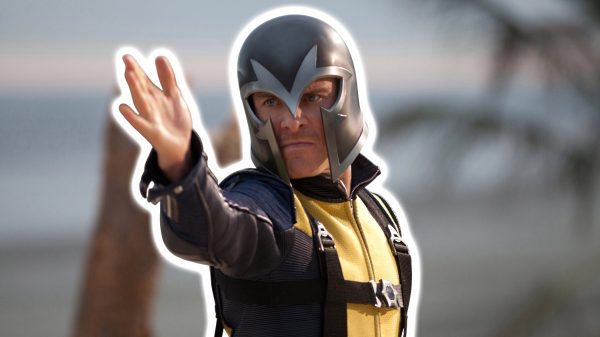Game of Thrones took the world by storm, and for eight epic seasons, it had us all glued to our screens. We laughed, cried, and gasped as we followed the journeys of our favorite characters. But when the series came to an end, the finale left many fans disappointed. In this article, we’ll take a fresh look at the ending and argue that it was actually good, despite what the naysayers might think.
Expectations vs. Reality
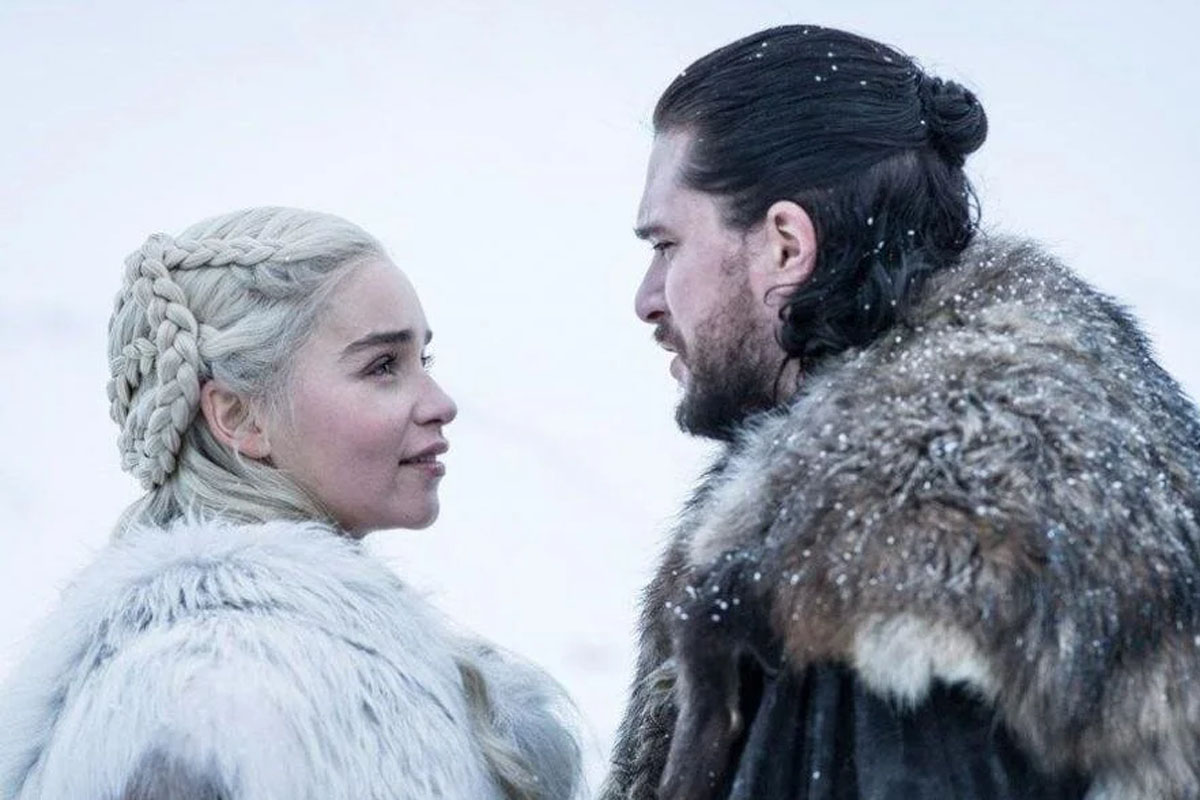
Let’s face it; with a show as huge as Game of Thrones, expectations were sky-high. And when you’ve got that much hype, it’s almost impossible to please everyone. One of the things that made the show so great was its ability to shock and surprise us. The ending was no exception, but that’s not a bad thing. We need to judge the ending on its own merits, not just how closely it met our personal expectations.
Narrative and Character Arcs
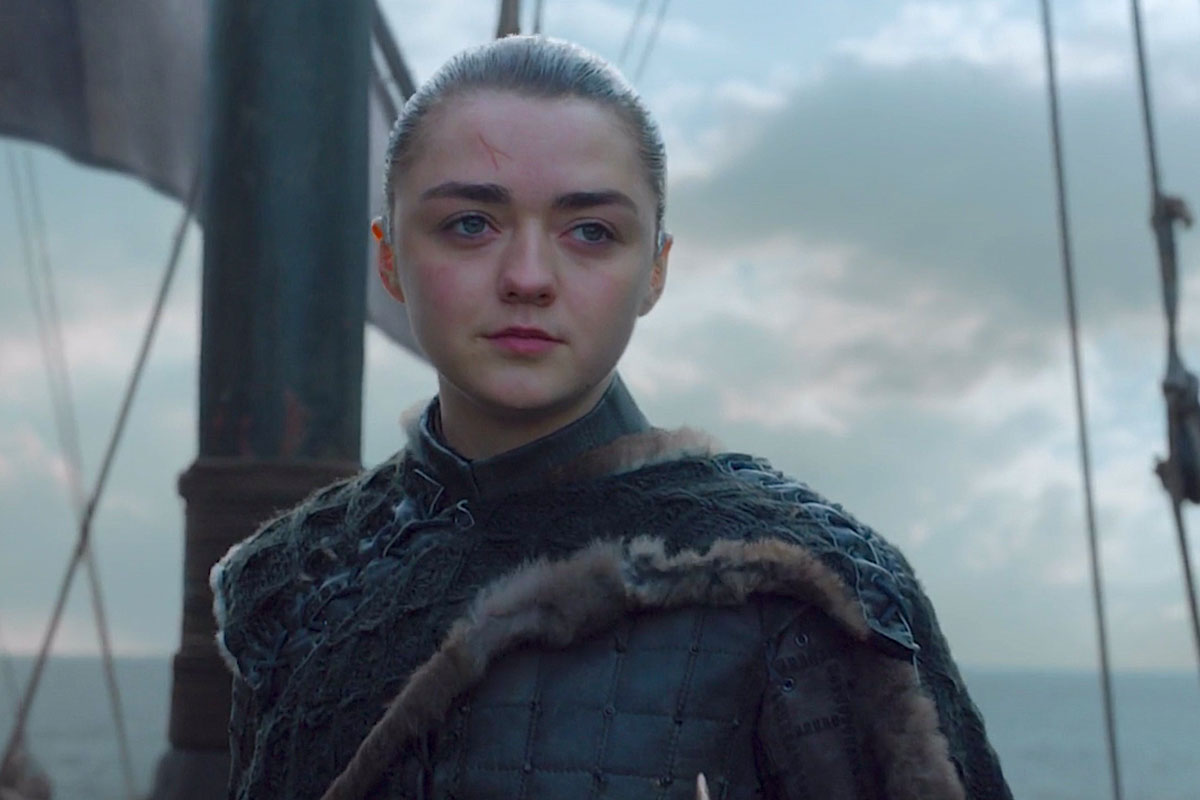
To understand why the ending was good, we have to dive into the major character arcs:
- Daenerys Targaryen – Her descent into madness was foreshadowed throughout the series. Her tragic end felt fitting for a character who always struggled with her darker side.
- Jon Snow – Jon’s journey brought him full circle, from the bastard of Winterfell to the reluctant hero. His final choice, to kill Daenerys and save Westeros, was a painful but necessary sacrifice.
- Arya Stark – Arya’s evolution from a young girl to a skilled assassin made her a fan favorite. Her decision to explore the world beyond Westeros showcased her independence and growth.
- Tyrion Lannister – The clever and witty Tyrion found redemption in serving a ruler he believed in, and his counsel led to a more just and balanced system of governance.
- Bran Stark – Bran’s transformation into the Three-Eyed Raven allowed him to become an impartial and wise ruler, embodying the series’ themes of power, family, and loyalty.
The Bitter and the Sweet
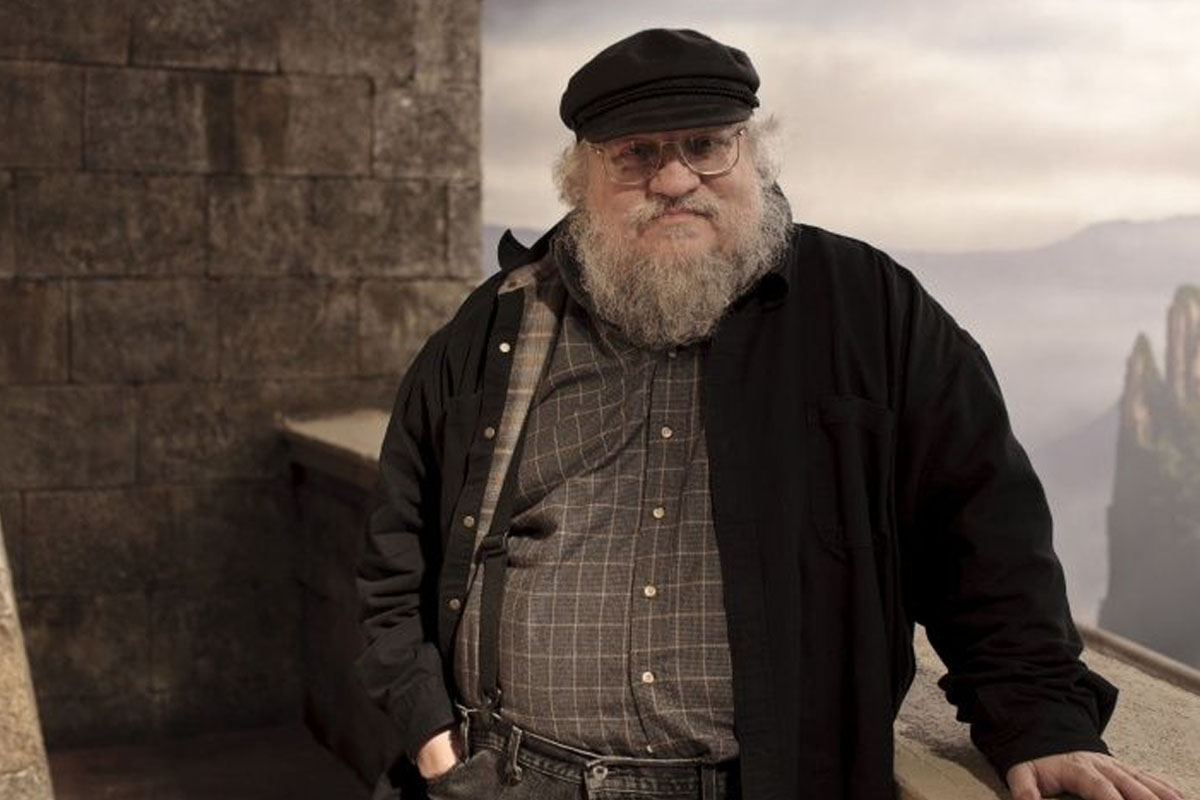
George R.R. Martin promised us a ‘bittersweet’ ending, and that’s exactly what we got. Game of Thrones was never a fairy tale, so it makes sense that the conclusion would be a mix of satisfying resolutions and harsh realities. The ending stayed true to the show’s dark, complex tone.
The Challenge of Adaptation
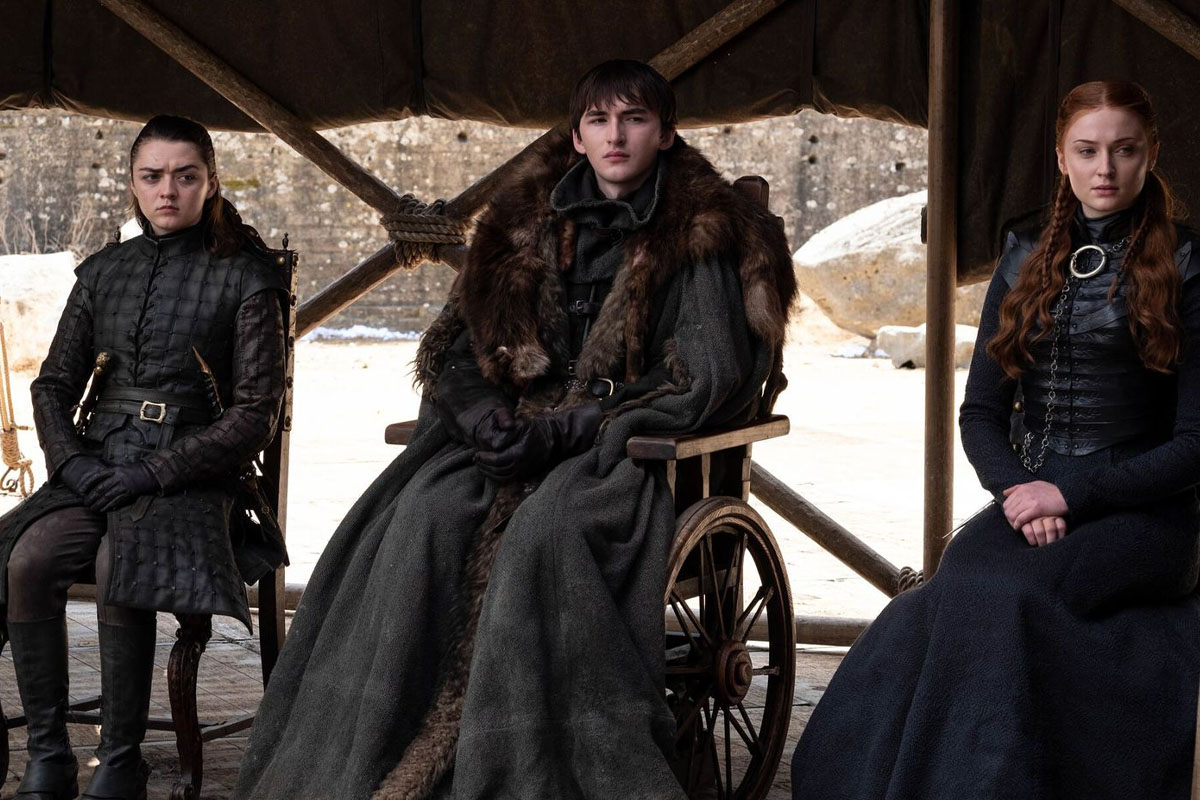
Adapting an unfinished book series is no easy feat. Showrunners David Benioff and D.B. Weiss had to make tough decisions and inevitably diverged from the source material. Time constraints and production limitations also played a part in shaping the ending. Despite these challenges, they created a unique and memorable finale.
The Broader Impact

Game of Thrones has left a lasting impact on television storytelling and production values. It pushed the envelope in terms of what could be achieved on the small screen and inspired countless discussions about its characters and themes. The ending is just one piece of the larger cultural phenomenon.
Hats Off to the Thrones

It’s important to remember that opinions on the ending are subjective. But when we take a step back and examine the narrative and character arcs, the bittersweet balance, and the challenges of adaptation, it’s clear that there’s a lot to appreciate. So, let’s give the ending another chance and celebrate Game of Thrones as the groundbreaking series it was.

